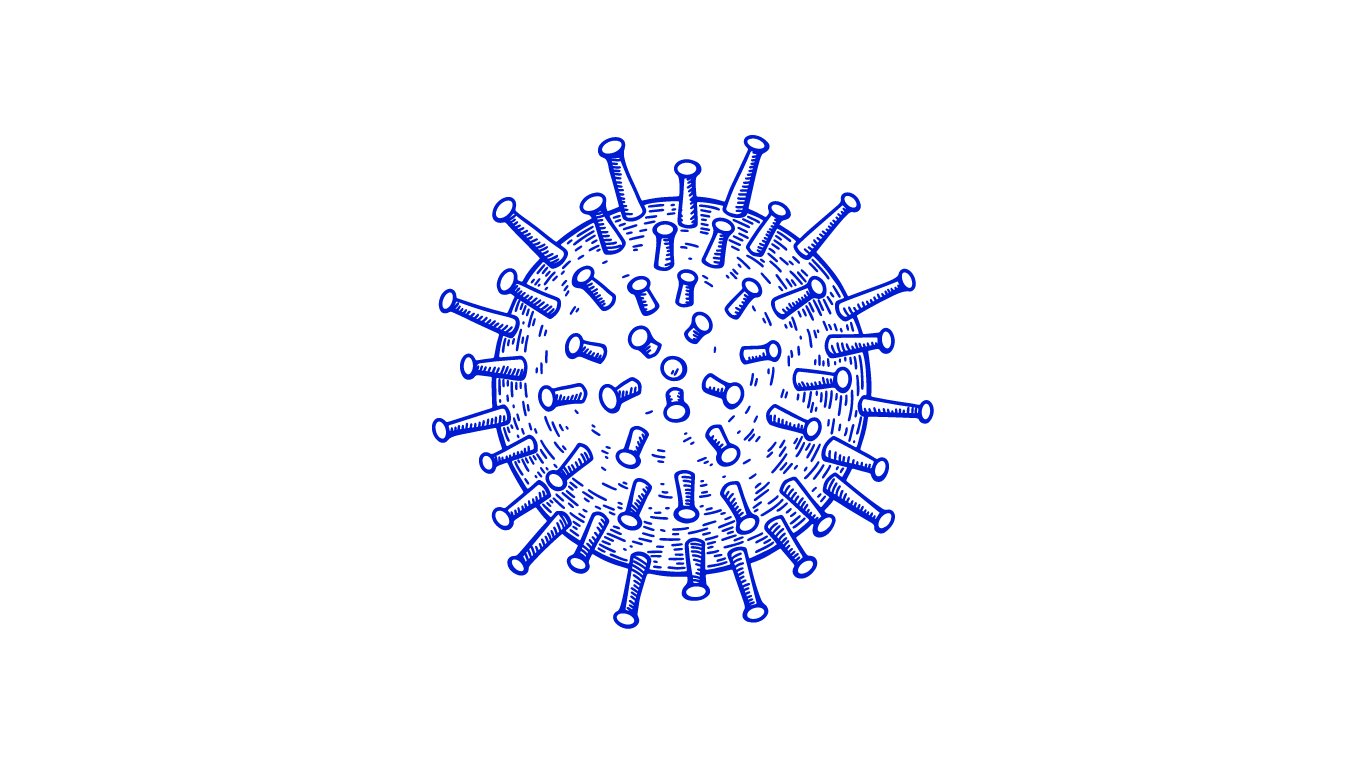Preventing herpes transmission and reducing the risk of outbreaks involves several strategies:
- Safe Sexual Practices: Using condoms consistently and correctly during sexual activity can reduce the risk of transmitting herpes to partners. However, condoms do not provide complete protection, as the virus can be spread through skin-to-skin contact in areas not covered by condoms.
- Avoiding Contact During Outbreaks: Refraining from sexual activity and avoiding direct contact with the affected area during outbreaks can help prevent transmitting the virus to others.
- Oral Herpes Precautions: Avoid kissing or sharing utensils, towels, or other personal items during oral herpes outbreaks to prevent the spreading of the virus.
- Herpes and Pregnancy: Pregnant women with herpes should discuss the condition with their healthcare provider, as certain precautions may be necessary to prevent transmission to the baby during childbirth.
- Early Detection and Treatment: Recognizing the symptoms of an impending outbreak and seeking prompt medical attention can help reduce the severity and duration of symptoms.
In conclusion, herpes is a common viral infection caused by the herpes simplex virus. While there is no cure, various treatments are available to manage symptoms and reduce the frequency of outbreaks. Safe sexual practices, avoiding direct contact during outbreaks, and good hygiene are essential for preventing transmission. Early diagnosis and timely treatment can help individuals effectively manage herpes and improve their overall quality of life. If you suspect you have herpes or are experiencing symptoms, consult a healthcare professional for accurate diagnosis and appropriate management.






